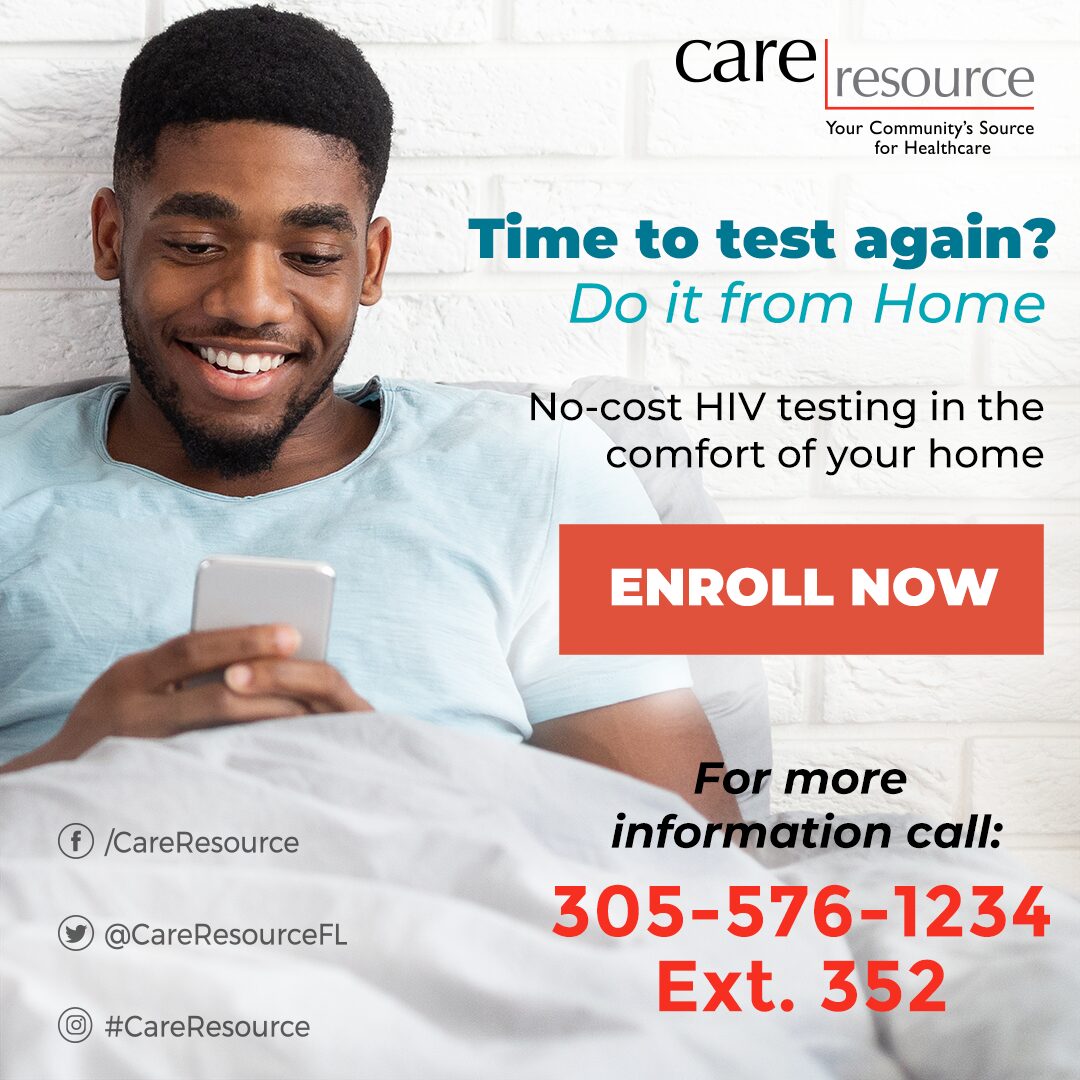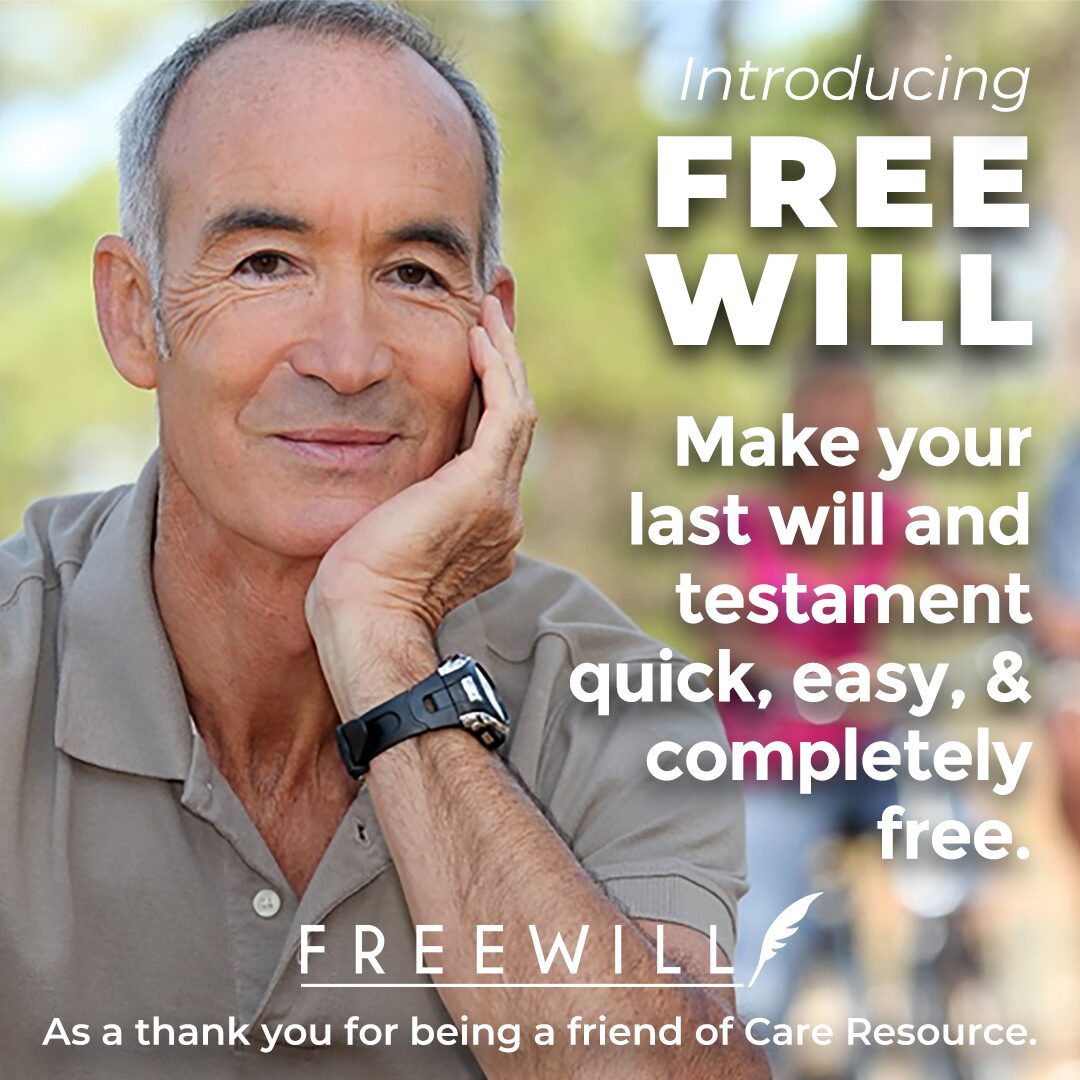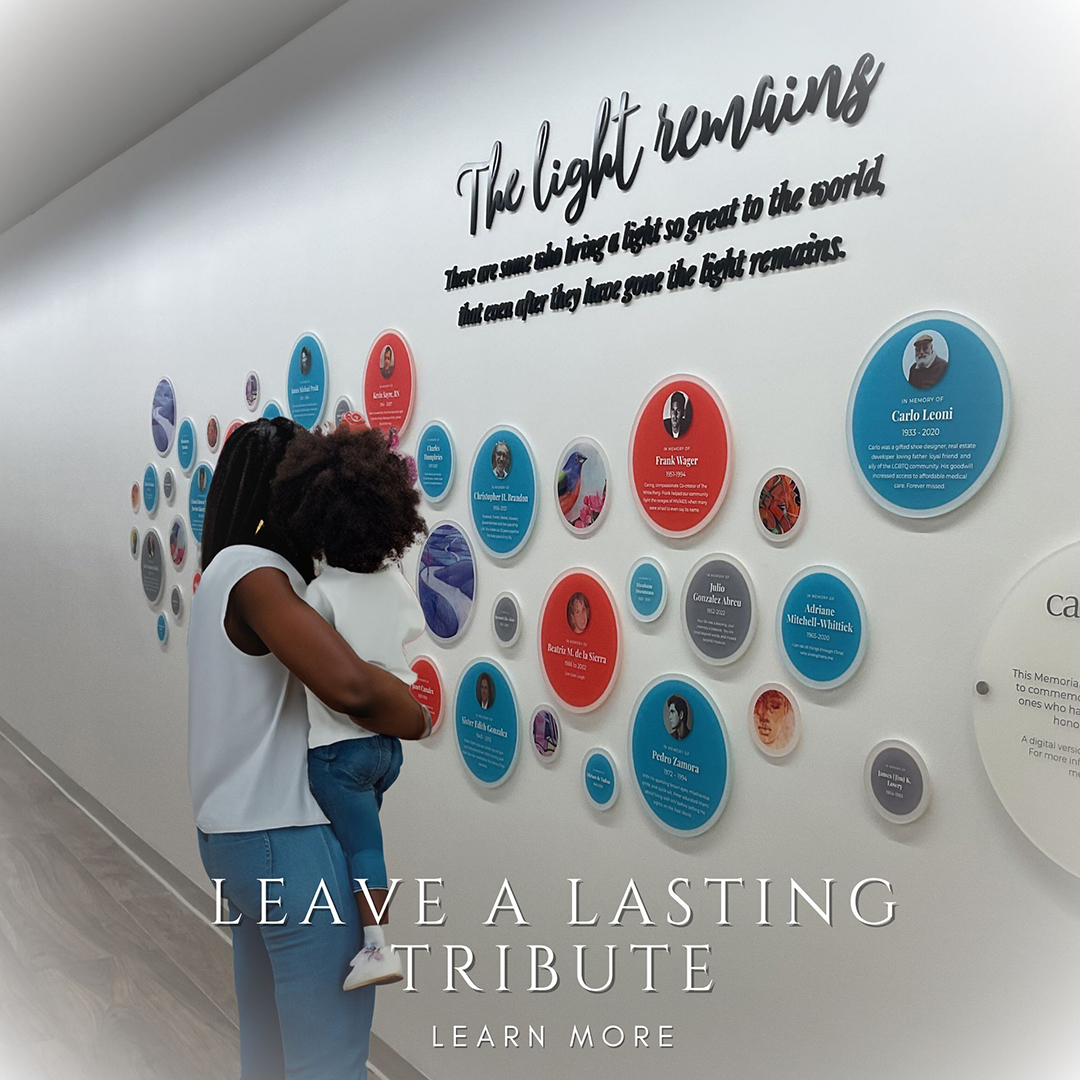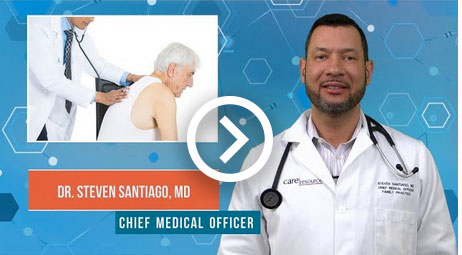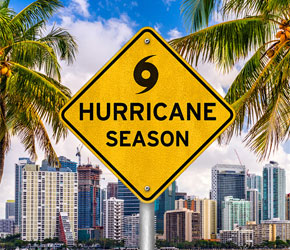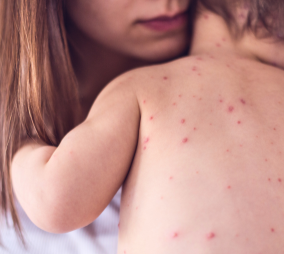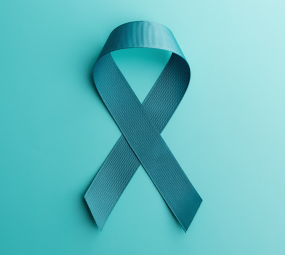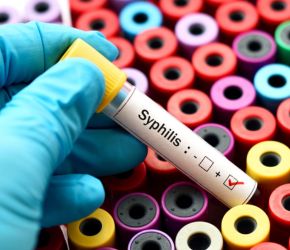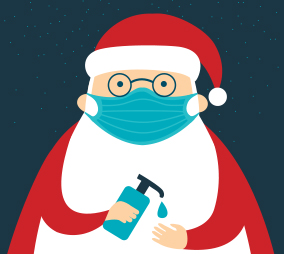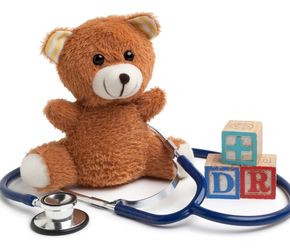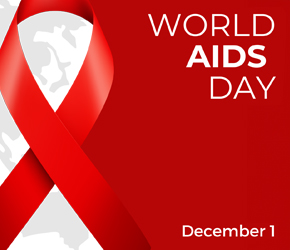Preventing the Human Papillomavirus (HPV) with Health Screenings and Vaccinations
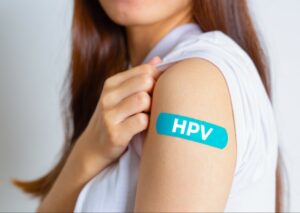 Cervical Cancer Awareness Month, recognized every January, serves as an opportunity to begin the new year by further discussing how HPV vaccines can help prevent cancer.
Cervical Cancer Awareness Month, recognized every January, serves as an opportunity to begin the new year by further discussing how HPV vaccines can help prevent cancer.
HPV is the most common sexually transmitted infection (STI). There are more than 200 types of HPV. Some types can cause health complications such as genital warts and cancers.
More than 13,000 women in the United States are diagnosed with invasive cervical cancer each year. Now, thanks to cervical cancer screening and HPV vaccination, it is the most preventable of all female cancers. According to the Centers for Disease Control and Prevention, in most cases, HPV goes away on its own and does not cause any health problems. When HPV does not go away, it may increase health problems like genital warts and cancer.
HPV is dangerous for women, but not only women. Men who have sex with men (MSM) community are also at risk of developing cancers such as head, neck, and anal areas. MSM should talk to their providers on prevention screenings, vaccinations, and ways to avoid HPV.
“Various strains of HPV can spread through sexual contact and are associated with most cases of cervical cancer. One can get HPV by having vaginal, anal, or oral sex with someone who has the virus. HPV can be passed even when an infected person has no signs or symptoms. Anyone who is sexually active can get HPV. Symptoms can develop years after you have sex with an infected individual. This makes it challenging to know when you first became infected.” – Sheryl Zayas, D.O. Medical Director, Care Resource.
Care Resource specializes in women’s health care which includes health education, routine Pap smears and follow up, breast cancer screenings, and referrals for colonoscopy. Regular and specialized obstetrical care is provided through referrals. Make an appointment today. For more information, contact 305.576.1234.
About Care Resource:
Care Resource is a 501(c) (3) nonprofit organization and a Federally Qualified Health Center (FQHC) with four locations in Midtown Miami, Little Havana, Miami Beach, and Fort Lauderdale. The health center provides comprehensive health and support services to address the full health care needs of South Florida’s pediatric, adolescent, and adult populations.

